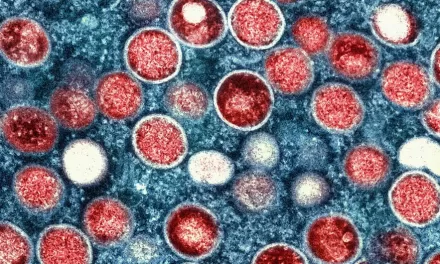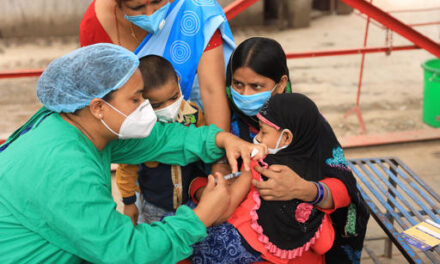In a groundbreaking study, UK scientists have harnessed the weaknesses of breast cancer cells to create a powerful new drug designed to destroy hard-to-treat tumors. The findings, published on Wednesday in the journal Clinical Cancer Research, offer new hope for patients battling triple-negative breast cancer, a particularly aggressive and treatment-resistant form of the disease.
Triple-negative breast cancer accounts for up to 15 percent of all breast cancer diagnoses and is more prevalent in women under 40. This type of cancer is known for its resistance to conventional chemotherapy and radiotherapy, and it often has a lower survival rate compared to other breast cancer subtypes.
Researchers from King’s College London focused on understanding the properties of breast cancer cells associated with triple-negative breast cancer. Analyzing over 6,000 breast cancer samples, the team identified key mechanisms that allow these cancer cells to evade existing treatments. They discovered the presence of the cancer cell surface marker EGFR (epidermal growth factor receptor) and oncogenic molecules called cyclin-dependent kinases (CDKs), which play a crucial role in cell division and proliferation.
Armed with this knowledge, the team developed a novel approach to target these cancer cells. They linked cetuximab, a tumour-selective antibody that targets the EGFR protein, with a CDK-blocking drug. This combination forms a tailored antibody-drug conjugate specifically designed to attack and destroy triple-negative breast cancer cells.
“We were on the hunt for cancer’s vulnerabilities and now we’ve found out how we can guide our therapies to one of these. We combined these two drugs to create a tailored antibody-drug conjugate for patients with this aggressive cancer,” explained lead author Professor Sophia Karagiannis from King’s College London.
The new antibody-drug conjugate targets cancer cells precisely, allowing for the administration of lower doses of inhibitors. This approach not only enhances the drug’s effectiveness but also reduces toxicity, potentially offering a less harmful treatment option for patients.
While the initial results are promising, the researchers emphasized the need for further studies before the new drug can be developed for clinical use. This innovative strategy represents a significant step forward in the fight against triple-negative breast cancer, bringing scientists closer to more effective and targeted therapies for patients facing this challenging diagnosis.












